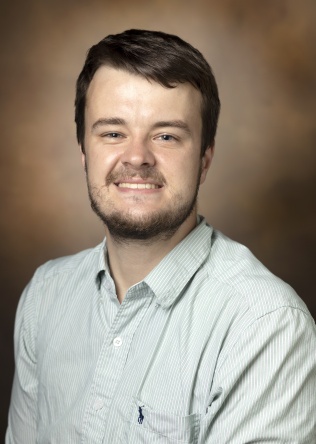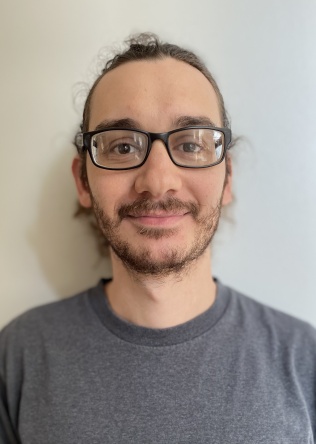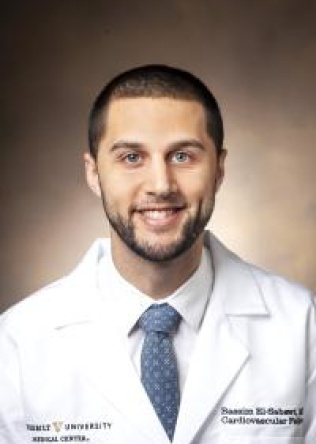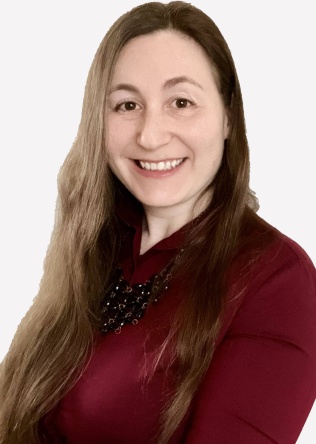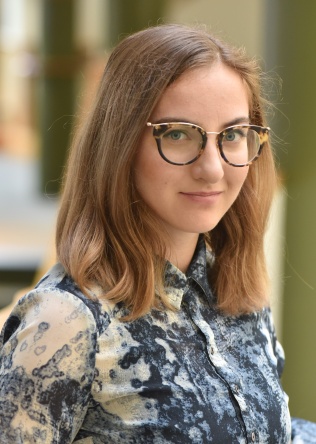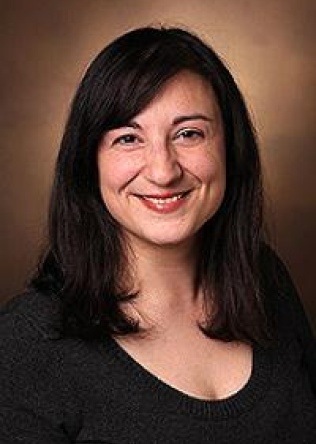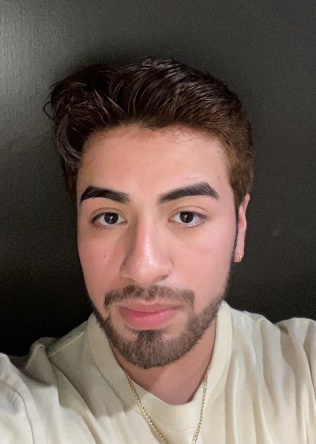Lea
K.
Davis
PhD
Associate Professor of Medicine
Department of Medicine, Division of Genetic Medicine
Department of Biomedical Informatics
Department of Psychiatry and Behavioral Sciences
Lea K. Davis, PhD, is an Associate Professor in the Division of Genetic Medicine in the Department of Medicine at Vanderbilt University Medical Center. She is Associate Professor in Biomedical Informatics, Physiology & Biophysics, and in Psychiatry and Behavioral Sciences. Her work explores the genomic architecture of complex traits, defined as the type, frequency, and function of DNA variants en masse that contribute to the genetic predisposition of a given trait.
Until recently, the human genetics field has been highly focused on the identification of individual DNA variants associated with complex phenotypes. However, recent research from the Davis Lab and others has demonstrated that many complex traits, including Tourette Syndrome and obsessive-compulsive disorder, are highly polygenic with risk distributed across hundreds or thousands of polymorphisms. Through the application of quantitative genetic methods, the Davis Lab seeks to answer questions that follow from this observation including: How does genomic architecture differ across complex human traits? What kinds of selective pressures shape the polygenic landscape of different phenotypes? How do functional elements (e.g., eQTLs, enhancers, methylation QTLs) influence or concentrate risk? How does sexual dimorphism influence the expression of polygenic burden?
The overarching goal of the Davis Lab is to integrate functional knowledge of the genome into polygenic approaches to answer such questions. To do this, the Davis Lab uses state-of-the-art computational and statistical methods to inform classical quantitative models (used for decades in animal and plant genetics) along with biologically relevant expression data, rare variant data (e.g., exome data, copy number variant data), and environmental data (e.g., prenatal infection or smoking history). Through these integrated approaches, Dr. Davis hopes to understand the biological basis and genetic architecture of common complex phenotypes.
lea.k.davis@vumc.org
